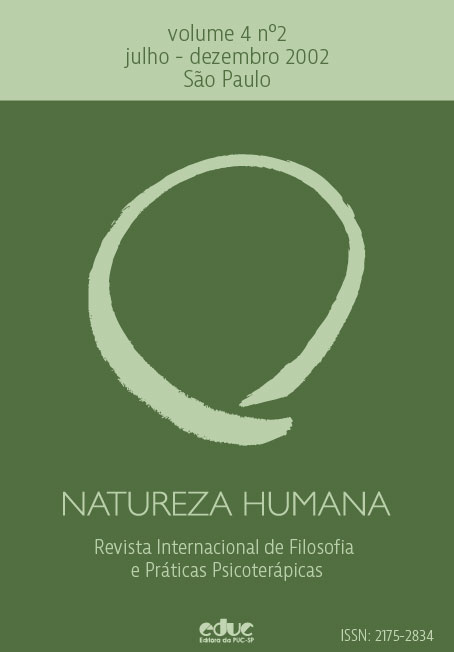Instincts, generativity, and tension in Husserl's phenomenology
DOI:
https://doi.org/10.59539/2175-2834-v4n2-717Keywords:
impulses; the unconscious; association; intentionality; being-in-the-world.Abstract
The "Plan for Edmund Husserl's `System of Phenomenological Philosophy'" (E. Fink) encompasses a phenomenology of primal intentionality that in turn comprises primal impulses, the unconscious and association as themes of a progressive phenomenology. Whereas regressive phenomenology starts from the given in order to accomplish a deconstructive analysis, this alternative type of phenomenology entails a constructive analysis with regard to what is not given in intuition. The article attempts to develop these problems in four steps following a main thread afforded by the notion of tension. First, associative fusion is considered insofar as it implies a tension in the subject and brings forth the genesis of objects. Secondly, the roots of tension in an instinctive intentionality are shown. Thirdly, the relationship between instinct and primal generativity is examined. Fourthly, the import of these themes for the notions of patency and latency is disclosed. Finally, an attempt is made to link the Husserlian concepts of tension and intentionality to the Heideggerian notions of burden and being-in-the-world.Downloads
Published
2024-05-17 — Updated on 2002-05-17
How to Cite
Walton, R. J. (2002). Instincts, generativity, and tension in Husserl’s phenomenology. Human Nature - International Philosophy and Psychology Review, 4(2), 253–292. https://doi.org/10.59539/2175-2834-v4n2-717
Issue
Section
Artigos








